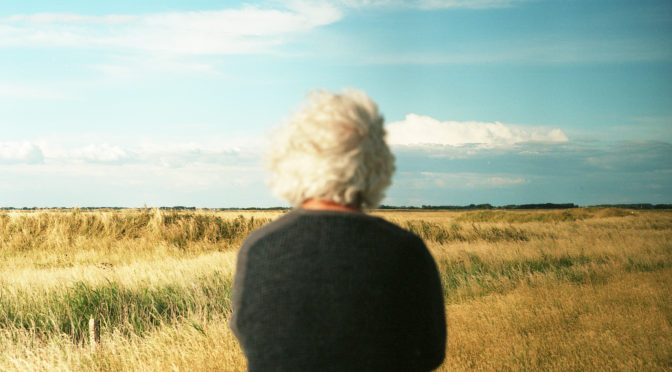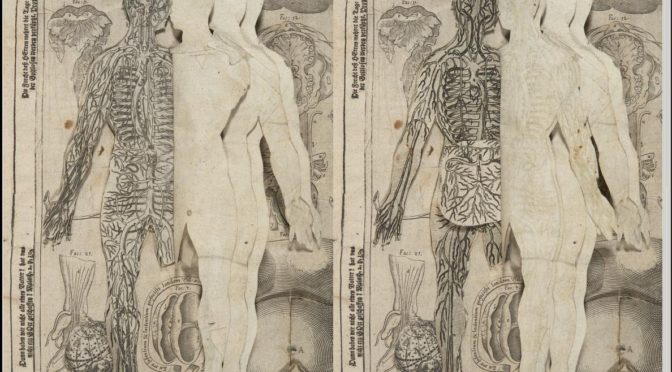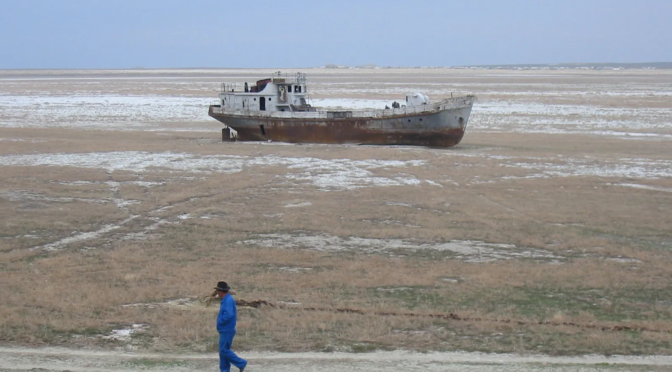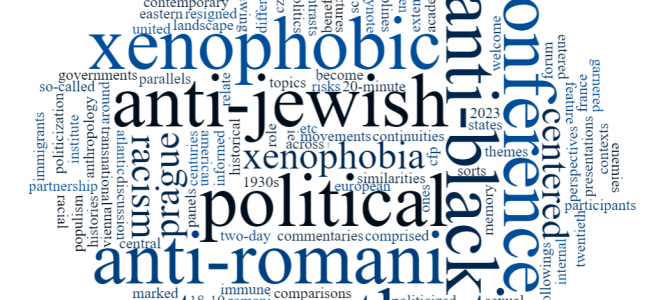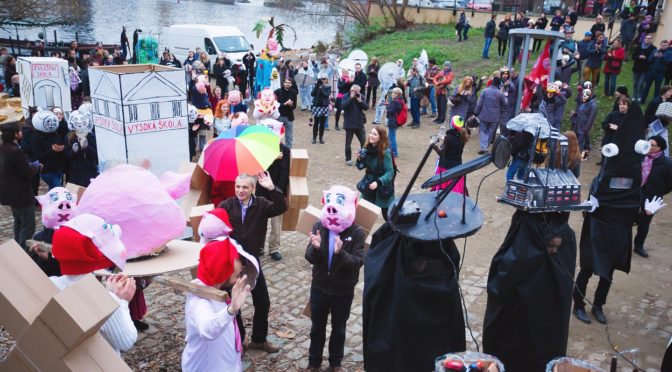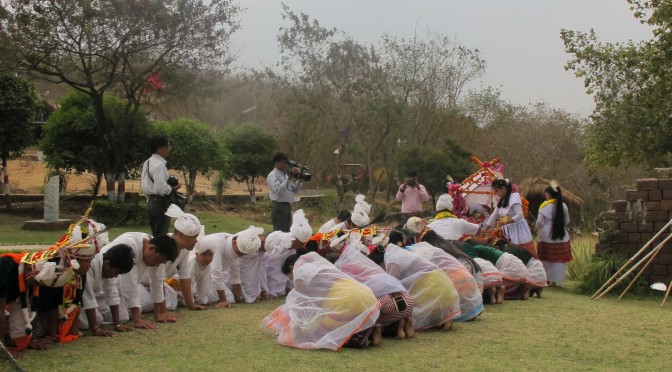Samuel Beckett in Central Europe. Stagings and reception beyond censorship
Researchers working on Beckett or on theatre in Central Europe are invited to meet in April at the CEFRES and at Charles University. The aim will be to examine the political and aesthetic, and sometimes legal and social, issues that certain dramatic texts may embody, taking Beckett’s theatre as a case study.
Date: Thursday 20th and Friday 21st April 2023
Location: CEFRES library and Charles University
Organizers: CEFRES in partnership with Sorbonne University, Paris, Bordeaux University and Charles University
Language: English
Convenors: Alice Clabaut, Charles Guillorit
Deadline for sending propositions: 31st January 2023
A summary of the conference and the call for papers is available here.
Program:
Thursday 20 April 2023
at CEFRES Library (Na Florenci 3 Prague 1)
16h- Opening Talk – Octavian Siu [online]
16h30 – Panel 1 : poetics of politics in the work of Samuel Beckett
Vanesa Cotroneo : Breaking the Iron Curtain: Media and Technology in Samuel Beckett’s Catastrophe (1982) and Nacht und Träume (1982)
Luciana Peycere : A post-pandemic operatic adaptation of Film (1965): the political and aesthetic potential of performing Beckett at a fringe venue in London.
[break]
17h30 – Roundtable: Staging Beckett today – testimonies of contemporaries stage directors (1h30)
Jan Bosse & Olena Zavhorodnya
Friday 21st April
at Charles University (Faculty of Arts, Room P104, nám. J. Palacha 1/2)
9h30- Welcoming coffees
10h – Keynote Speaker – Marek Kedzierski – Beckett in Perspectives. Discussing with Beckett, staging Beckett, reflecting upon Beckett
[break]
11h 15 – Panel 2: Overview of Beckett reception and stagings in Central Europe
Matthieu Protin – Samuel Beckett Stage Director of his own Theater in Germany: Influence and Consequence.
Tomasz Wiśniewski – “Beckett on the Baltic” and other research experiments in Gdańsk
Anita Rákóczy – A Director’s Apology – Beckett in Hungaria
[lunch break]
14h30 – Panel 2 bis: Overview of Beckett reception and stagings in Central Europe
Miloš Mistrík – Godot has finally come – to Slovakia
Martin Pšenička – Post-1989 stage productions of Beckett in the Czech Republic: a focus on Jan Nebeský’s 1996 production of Endgame
[break]
15h45 – Panel 3 : The question of censorship in and of Beckett’s theatre: a legal or a personal issue?
Alexander Hartley – Beckett’s Legal Scuffles and the Interpretation of the Plays [online]
Matthew Rimmer – The Legal Endgame of Samuel Beckett [online]
Concluding remarks – Alice Clabaut & Charles Guillorit

